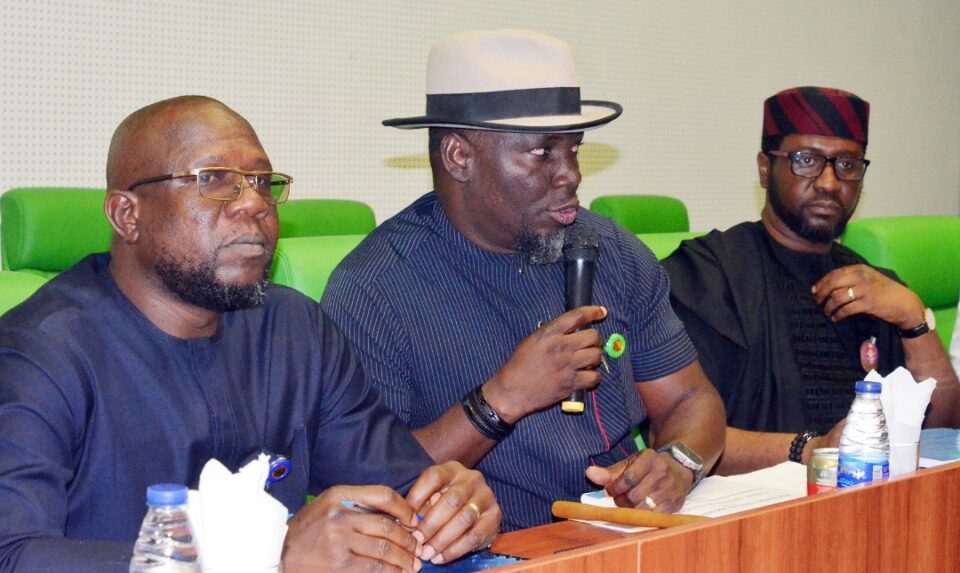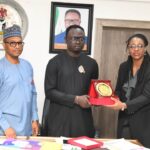By Mercy Aikoye
The House of Representatives Committee on Environment has expressed disappointment over the extremely low release of funds to the Ministry of Environment. According to the Committee, this has resulted in missed opportunities to address environmental challenges facing the country.
Chairman of the Committee, Julius Pondi, highlighted the environmental challenges, including deforestation, pollution, erosion, and the effects of climate change on communities and the nation at large. Pondi emphasized that the outcome of the budget review will determine planning and resource allocation in the 2025 Budget.
Pondi also expressed concern that the Environmental Health Council of Nigeria and 13 professional bodies/councils were removed from budgetary allocations effective January 1, 2024. Although the 13 bodies have since been reinstated, the EHCON remains excluded.
The Committee has asked the Minister of Environment to work closely with them to ensure EHCON’s reinstatement. Pondi stated that the Committee is open to increased budgetary allocations for the environmental sector, given the envisioned projects that will strengthen climate resilience, combat pollution, and enhance community awareness.
Pondi reminded the Ministry that Section 80(4) of the Constitution of the Federal Republic of Nigeria 1999 (as amended) requires that funds be withdrawn from the Consolidated Revenue Fund only in a manner prescribed by the National Assembly.
The budget defense session aims to ensure transparency and effective implementation of accountability and environmental programs. Pondi emphasized the importance of evaluating how allocated financial resources have been utilized to achieve set objectives.
The Committee will identify progress made in implementing projects and programs across key environmental sectors, address challenges, and provide input for the 2025 Budget. The Minister of Environment, Abbas Balarabe Lawal, has called for increased budgetary allocation to the Ministry to achieve its mandate.
In 2024, the Ministry installed approximately 2,200 units of solar street lights in communities and 45 solar-powered boreholes to provide clean water. The Ministry also installed 5kv solar power in five institutions across various states.
The installations were carried out in Ekpoma, Edo state, I’ve, Sounds state, Nsukka, Anambra state, Zaria, Kaduna state, and Abuja. These initiatives demonstrate the Ministry’s efforts to address environmental challenges and promote sustainable development.
Pondi acknowledged the Ministry’s efforts but emphasized the need for increased funding to address the scale of environmental challenges facing the country. The Committee’s focus on transparency and accountability ensures that allocated funds are utilized effectively.
The budget review process will continue, with the Committee working closely with the Ministry to ensure that environmental programs receive adequate funding. The outcome of the review will have significant implications for the country’s environmental sector and its ability to address pressing challenges.
As the Committee continues its work, it is clear that increased funding and transparency are essential for effective environmental management. The Ministry’s initiatives, such as the installation of solar street lights and boreholes, demonstrate the potential for positive impact with adequate resources.
Ultimately, the Committee’s efforts aim to ensure that the country’s environmental sector receives the necessary support to address the complex challenges facing the nation.



